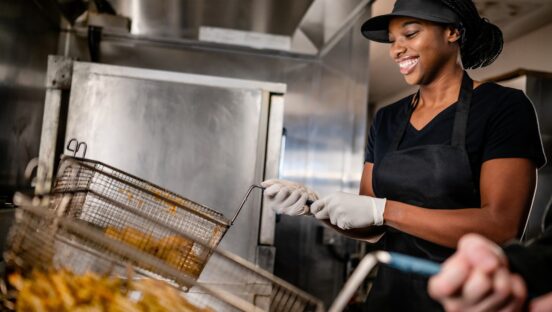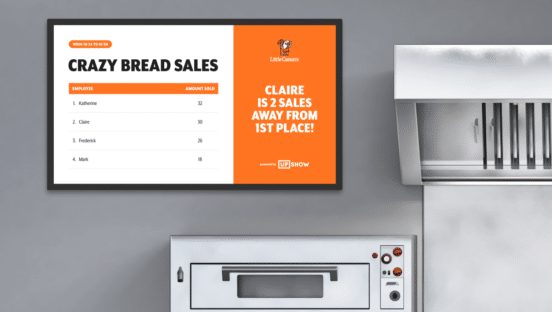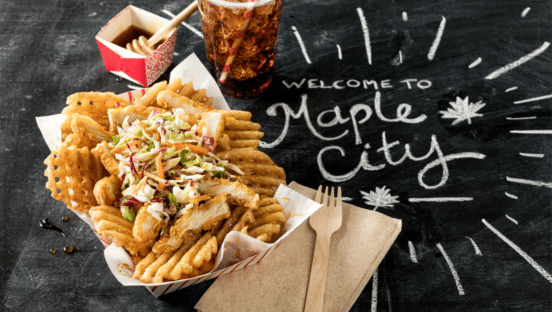Accounting is a time-consuming process for brands that own multiple restaurants, especially when the various locations are their own respective legal entities. Intercompany accounting for the average restaurant group can involve a web of different software platforms, log-ins, and manual data entry that only ups labor costs, or third-party fees.
Like so many other operational aspects of the modern restaurant, accounting is being turned on its head by cloud-based solutions. A single app can help brand leaders consolidate accounting, perform inventory management, process payroll, and carry out other aspects of everyday operations.
Here’s how it works: data from each store’s POS system is automatically entered into a single general ledger. When an employee clocks in, when an invoice is received, when banking statements are generated, when a vendor invoice is received, when a sale takes place and money changes hands—all of this can migrate to a centralized system. The incoming data is stored in real time, meaning the creation of pivotal documents like P&Ls can be done in a single day or even multiple times in a day.
“We still see some restaurant operators receiving P&Ls and prime cost reports monthly, or even quarterly, which makes it hard for operators to make meaningful and timely decisions around labor, sales, marketing expenses, and inventory,” says Dev Purkayastha Chief Executive Officer of Indevia Accounting, Inc., a company that uses Restaurant365 to help facilitate clean accounting with their restaurant brand clients. “When you partner with an accounting firm that offers software like Restaurant365, it means operators are receiving by-store data in a timely manner that allows operators to make decisions in real time, helping to avoid elevated prime costs.”
The software also serves as a watchdog of sorts for food costs and inventory management. For example, it is often difficult for management to identify certain ingredients that might be costing the brand money due to over-portioning, spoilage, theft, or even overcharging by a vendor.
“One customer, a Village Inn franchisee, caught a discrepancy on the vendor contract price using our receiving reports and it saved the company $200,000 on eggs,” says Morgan Harris, cofounder and chief customer advocate for Restaurant365. “Another customer, Kabob House, slashed prime cost by 11 percent through comprehensive reports.”
Franchises also enjoy the streamlining of royalty payments provided by automation software. Since sales data has already been generated by the program, no additional work is necessary to generate invoices that can then be sent electronically to the franchisee at each storefront. Harris says Restaurant365 client Wetzel’s Pretzels recently reported that, with over 300 locations, it used to take them a full day to process weekly franchisee billing, or 20 percent of their time each week. Now that they’ve automated the process, it takes under 45 minutes from start to finish.
“Brands like Wetzel’s Pretzels and Village Inn franchisees are investing in automated accounting technology and seeing the benefits first hand,” Harris says. “When you have a program like Restaurant365 that was built from the ground up with the restaurant industry specifically in mind, there are no time-consuming and expensive custom integrations like those required with generic accounting systems.”
By Charlie Pogacar













